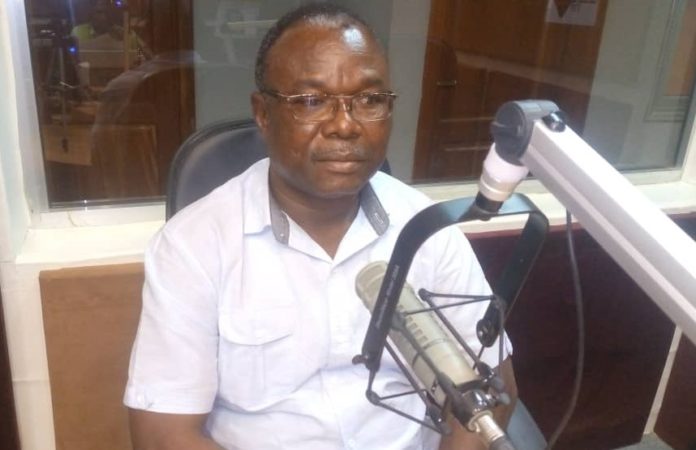Chief Executive Officer (CEO) of B. C. Bencyn Pharmacy, Anyanah Achelisewine Benjamin has refuted the long-held perception that the Northern part of Ghana is deprived and does not have the enabling environment for people to succeed.
According to the business mogul, the poor living conditions of residents of the North are as result of their mindset and have nothing to do with their geographical location. He argued that the Northern part of the country is full of potentials and requires people with creative and positive mentality to harness such potentials to their advantage.
“Northern Ghana is not poor. If your thinking is poor, you are poor. Wealth is not geographical. I have been to UK and I see people begging. In UK, you see people hanging on bridges and that is where they sleep.so telling me Northern Ghana is poor, I don’t agree. I’m not a signatory to the claim that Northern Ghana is poor. What makes it poor?
I started ‘Susu’ business for the past 6 years and our mobilization hit almost 90 million cedis. I didn’t take the money from my own account. It is people who have it. So it is our thinking. It is poor thinking. That is what I think. Poor thinking kills creativity. Poverty mentality kills creativity,” he said in interview on Dreamz FM’s State of Our Nation.
Mr. Anyanah Benjamin blamed the country’s educational system for the inability of citizens to exploit the available resources for the betterment of their lives and the progress of the country.
He pointed out that the educational system encourages rote learning to the neglect of creative and skills training hence, citizens lack the requisite skills and mindset to take advantage of the opportunities available to them.
He wants a restructuring of the educational system to focus more on technical education and the nurturing of talents.
“I want to blame it on our educational system. It doesn’t make people creative because it is looking at your ability to memorize things.
We have gone to school, our forefathers didn’t go to school but they made a smock, what have we done to the smock? Have we added value to it? Have we improved it based on our educational system? How have our educational system been used to solve local problems? I’m not saying education is bad but are we applying it? I want to see pragmatic educational system,” he stated.




